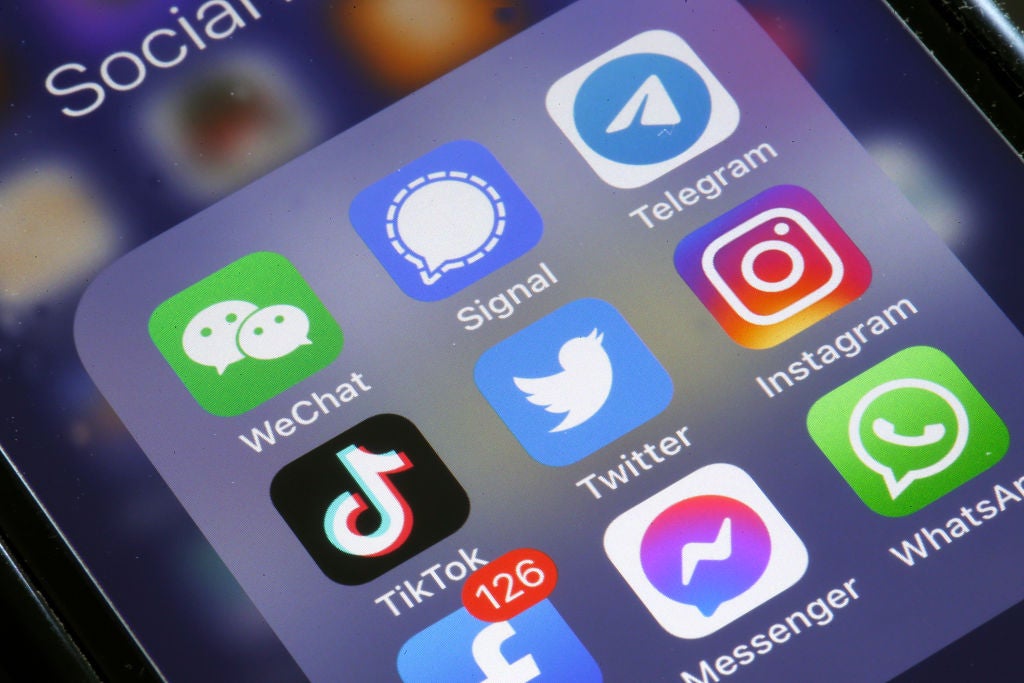Study: Political rage on social media is in fact making people more cynical
INDIANAPOLIS (WISH) — Political anger and cynicism are rising in the United States and in many democracies worldwide, and both are associated with exposure to political attacks on social media, according to a study by the University of Michigan.
“It’s important to understand how feelings of cynicism emerge because we’re seeing many democratic governments facing crises of legitimacy,” said Ariel Hasell, assistant professor of communication and media. “Our findings provide some of the first evidence of how exposure to political attacks on social media might relate to political cynicism in the context of a U.S. presidential election.”
Hasell and colleagues investigated whether exposure to political attacks on social media is associated with political cynicism, and if so, whether emotions like anger and anxiety play a role in this process. They found that people who were exposed to more political attacks on social media were more politically cynical, and that perceived exposure to these attacks was associated with more anger about the state of the U.S., which was subsequently related to greater levels of political cynicism.
“Cynicism can be a rational response to actual corruption and breaches of trust by those in power,” said co-author Audrey Halversen, a doctoral student in the department of communication and media. “But it is a matter of concern among scholars of democracy because of its potential to delegitimize democratic processes, reinforce negative attitudes, distort people’s interpretations of political information, and cause some citizens to withdraw from politics.”
Making matters worse, Hassell expects to see political hostility surge online this summer and fall as the presidential election approaches.
“If your main source of news is social media, you are more likely to perceive politics as hostile and angry,” Hasell said. “And beyond the feelings that political attacks provoke, it matters how people perceive and read the temperature of ‘public emotions’ because this can impact assessments about the country’s well-being and its ability to solve problems and accomplish goals.”
The study found evidence that exposure to political attacks on social media contributes to anxiety, anger and political cynicism, but that anger is the emotion that relates to cynicism.
